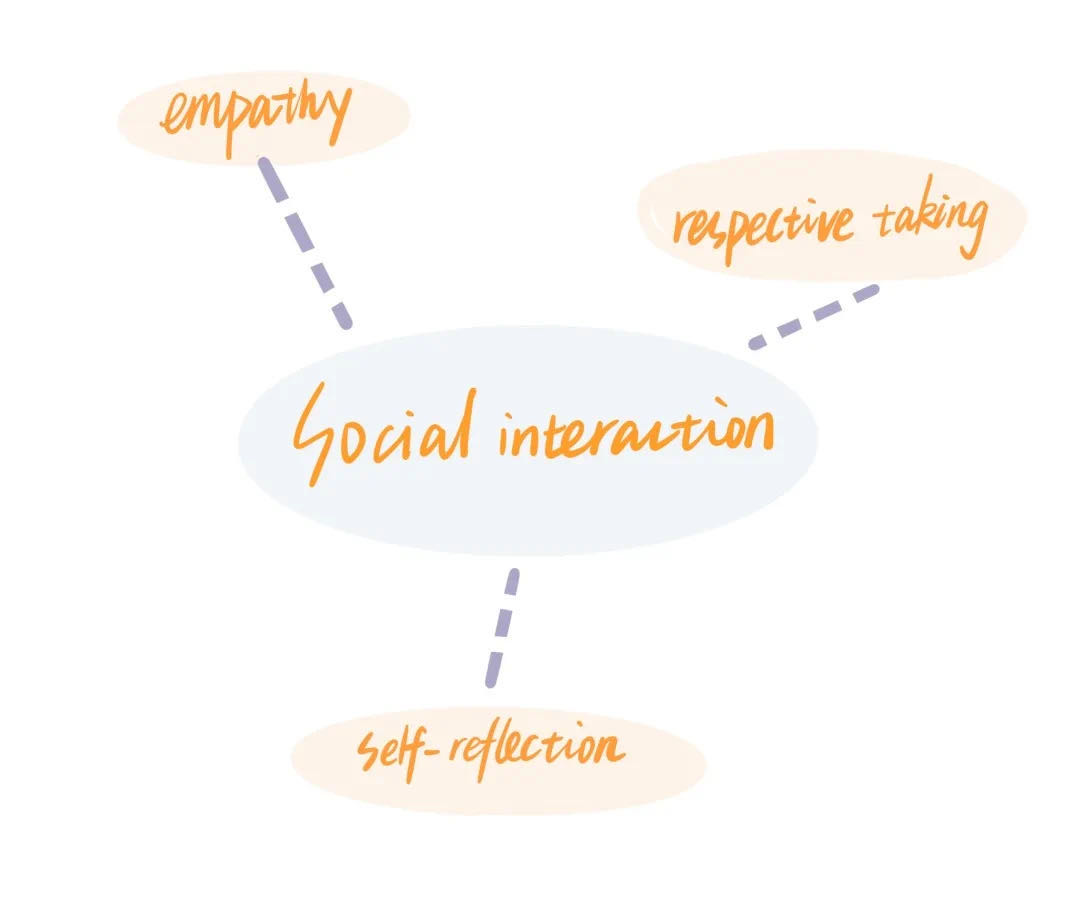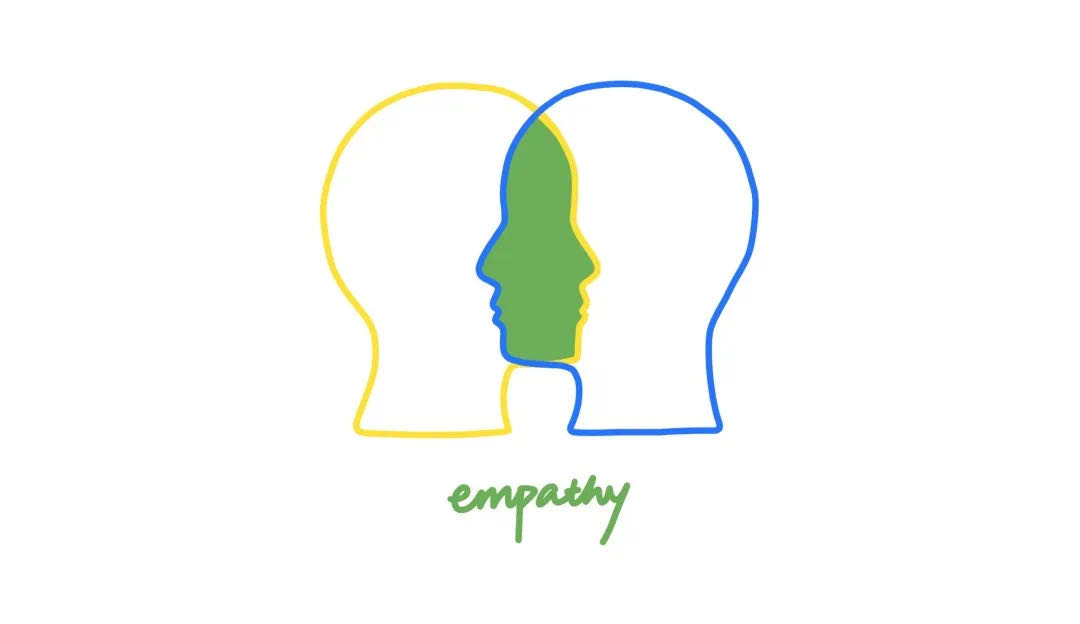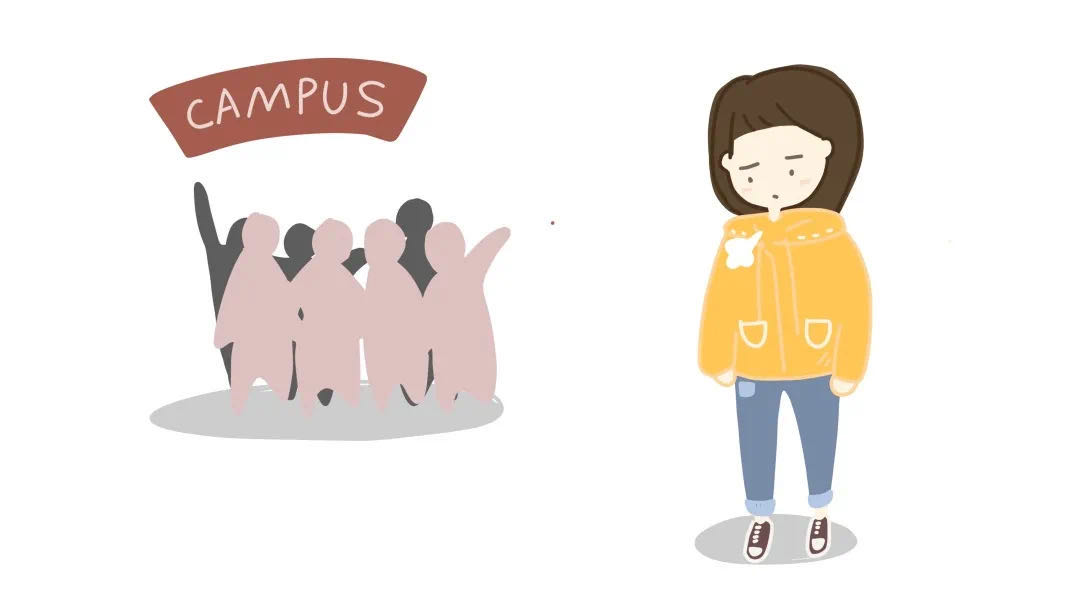Living on campus, we contact with others every day. Friendship and communications play important roles in determining who I am and the worth of my life. As a freshman to the university, the situations may be particularly serious for someone who has experience of relational trauma in the past.
Among the kinds of capacities needed, empathy, perspective taking and self-reflection have significant effects on our social interactions. There are series of essays explaining them, but here we just want to discuss the first one: empathy.

As an interaction skill, empathy is used in daily life unconsciously. It enables us to stand in other people’s shoes in order to understand their emotional feelings and then respond appropriately and convincingly.
However,according to the survey of our counseling center, we noticed that many students who have emotional distress lack this capacity to facilitate their social interactions and emotional bonds with others.

To develop empathy, we can do the followings:
Visualize yourself in others’ shoes. The best way to feel what others are feeling is to visualize yourself in his or her situation as immersive as possible.
Take notice of the surrounding, paying attention to who else is there, time of the day, feelings of others, and physical pain he or she may be suffering from. Imagine how you come across to him or her, not how you actually feel but what you actually convey to the feelings that are contradictory. For example, your boyfriend forgot your birthday party, but still had bought you a gift. At that time, you may feel hurt, angry, and somewhat happy and comfort as well.
Background is the key. Understanding other people’s feelings involve having at least a rough sense of his or her frame of mind at the time. There are a few questions you might want to consider:
Has he/she ever experienced similar situations in the past?
What are the fears, doubts, hopes, or expectations he or she might have to the situation?
What else happened in his or her life at the time?
How's he/she been ever since?
How might other relationships impact his or her responses?

Convey your insights thoughtfully. Having insights into another person’s feelings matters only if we can convey our understanding convincingly and compassionately.
Be as descriptive as possible.
The more the other person realizes you’ve put thoughts and efforts into appreciating his or her point of view, the more impact your communications with empathy will have.
All in all, practice makes perfect. To develop empathy, we should practice more in a variety of situations and with numerous people. Hope it can help you have satisfying relationships and live a happy life.
培养共情能力,强化你的人际间情感连接
生活在校园里,我们每天都会与周围人产生链接。与他人的友谊和沟通交流在我们定义“我是谁”以及建立自我价值感的过程中有着非常重要的作用。尤其是对于那些过去有着人际方面挫折经历的校园新人来说,社交问题变得尤为严峻。
在社交需要的众多能力里,共情、观点采择与自我反思这三项尤为重要。从今天开始,我们将逐一介绍,首先让我们把目光聚焦到“共情”。
共情是我们在日常生活中经常使用的社交技能,通常在不经意间就已经运用。它让我们能够换位思考,理解他人的感受,然后做出恰当的、有效的回应。
然而,在咨询中我们经常会发现,很多有情绪困扰的同学在共情方面能力不足,不能很好地与他人交往、增进情感联系。
要培养共情能力,可以从以下几个方面着手:
换位思考。理解他人感受的最好方式就是换位思考,尽可能设身处地地去想象如果自己是对方会怎样。
在你和他人交流的时候,留意一下周围的环境,看看周围有什么其他人在这里,你们说话的时间段是什么,和你交流的这个人的情绪状态如何,他可能有着怎样的身体不适等。想想你与对方交流的方式,重要的不是你是否真实表达了自己的感受,而是你通过怎样的方式表达自己的复杂、矛盾情感。比如你男朋友忘记了你的生日聚会,但是还记得给你买礼物。在那个时候,你可能会因为他没能参加聚会而感到受伤、愤怒,但可能还会因为收到礼物而感到些许的安慰、开心。
背景是关键。理解他人的情绪感受还要至少能大致了解你的交流对象当下的思维框架。你可以从以下几个方面进行考虑:
他之前有过类似的经历吗?
在这种情况下,他可能有怎样的恐惧、疑惑、希望与期待?
那时候他还遇到什么事了?
他从那之后过得如何?
他的其他人际关系对他当下的反应有怎样的影响?
深思熟虑地表达你的想法。只有当我们用令人信服的、富有同理心的方式表达我们的想法和感受时,这个共情表达的过程才算真正有意义。
尽量客观描述。
别人越能意识到你在很努力、用心地理解他,你的共情性交流越有用。
总之,熟能生巧。要培养共情能力,我们需要在不同的情况下和不同的人进行共情性交流。希望上述建议能帮你获得满意的人际关系,拥有幸福的生活。